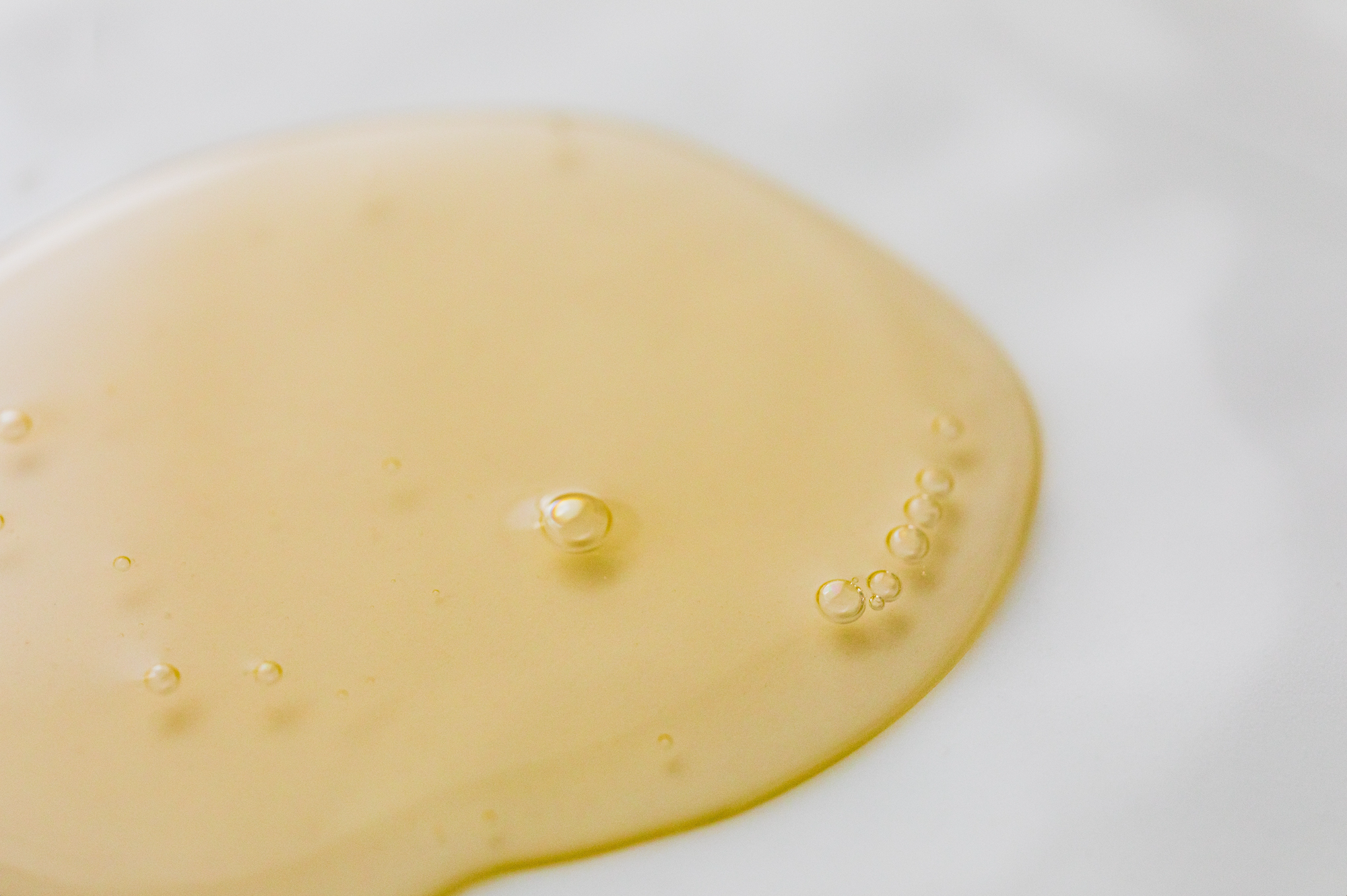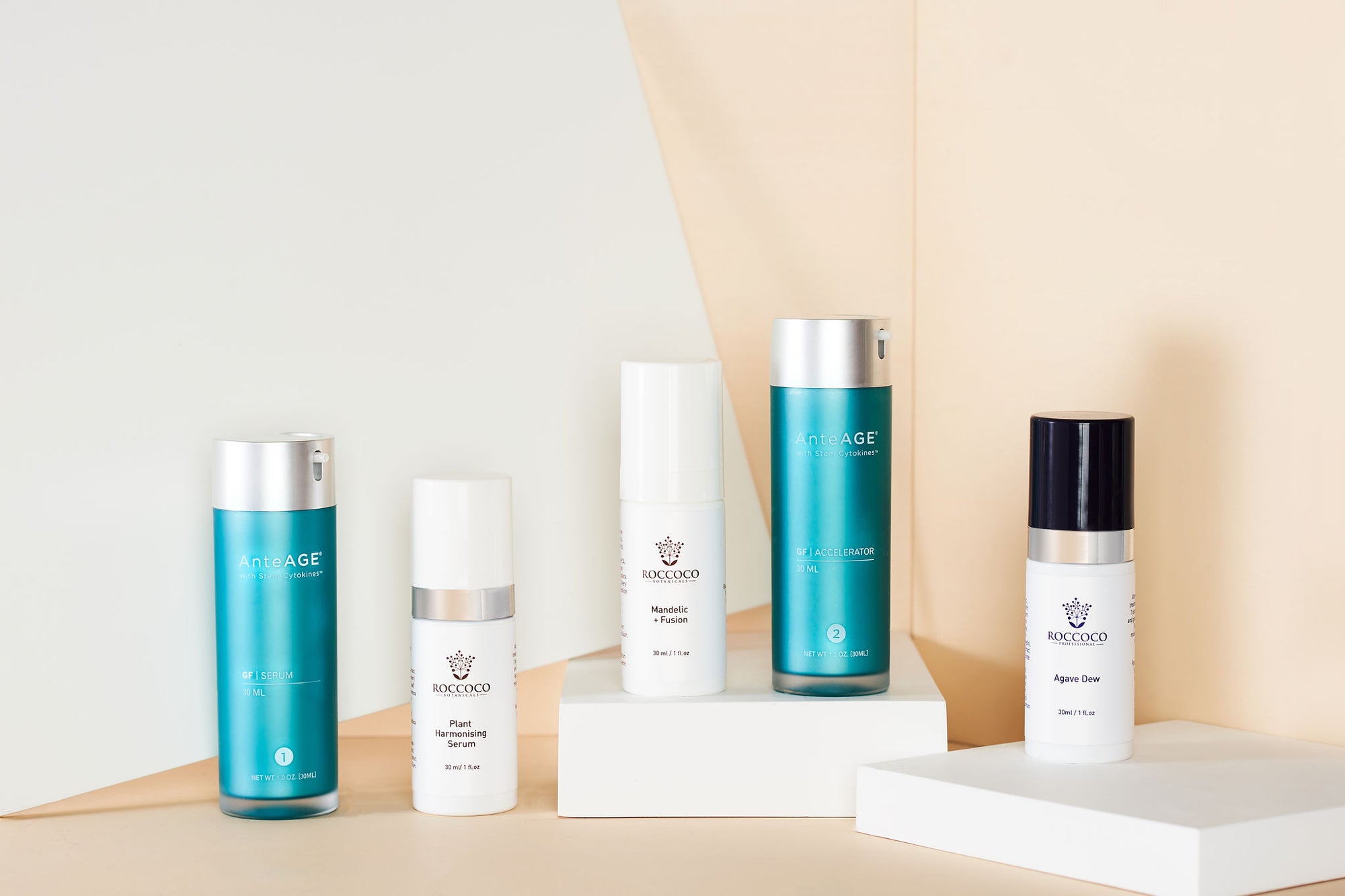Do you have adult-acne, and has your esthetician handed you a list of cosmetic ingredients to avoid?
Does your favorite skin guru reference a comedogenic ingredients list as well?
Using a list like this is an easy way determine whether a skincare product is acne-safe... or not.
Tocopherol has become a controversial ingredient that has made its way onto several skin professionals' lists causing many products to be thrown in the trash!
A shampoo or eye cream will have a near-perfect ingredient deck, however if it contains Tocopherol, this singled-out ingredient has been thought to spoil the entire formulation making it an issue for acne.
What is Tocopherol and why is it so bad for acne?
Tocopherol is an ingredient that has Vitamin E activity. When used in a skincare product it fights lipid and sebum oxidation and discourages blackheads. In a product that contains oils, like a moisturizer, Tocopherol is added as an antioxidant to prevent the oils from going rancid on the skin. Without it, oils will oxidize on the skin surface (and within the pores) causing free radical damage and clogged pores - when they form, they are naked to the eye!
What's not to love about Tocopherol?!
Well, it also has been considered moderately comedogenic because some Tocopherol may come mixed with vegetable oils like Soybean Oil. This means that when used everyday and left on the skin, Tocopherol potentially can encourage comedone formation.
Now we're confused...
Because of this, some cosmetic formulators will omit Tocopherol from a product and use a non-comedogenic version like the Vitamin E Ester called Tocopheryl Acetate.
Tocopheryl Acetate is different. It keeps a product containing unsaturated oils fresh in its packaging and encourages shelf stability... but without Tocopherol (not the acetate version), the product will degrade the moment it touches skin.
Other cosmetic formulators are switching to Tocopherol derived from Sunflower Oil. But when used at such a small percentage, should this skin-helping ingredient be a concern? Or blacklisted?
Let's look at the fatty acid profile of Soybean Oil. What we are looking for? It's presumed that if a vegetable oil contains more than 25% oleic fatty acid, then it's considered comedogenic.
As you can see, this source of Soybean Oil contains 20.8% oleic fatty acid, and if you do a google search for "soybean oil fatty acid composition", one source says 23% and another says 25.85%. Therefore, I would consider Soybean Oil borderline.
You might want to know that cosmetic Sunflower Oil, the high linoleic version, which is "the standard" for skincare products, can range in oleic fatty acid percentage. As you can see below, there is a 48-75% range.

Should or should we not use Tocopherol?
There are wonderful acne-safe ingredients we use everyday with a mild comedogenic rating like Ceramides and Sunflower Oil. We love Ceramides for their barrier strengthening and moisturizing benefits and Sunflower Oil for its comedolyic and emollient benefits.
Mineral Oil, Castor Oil, Retinyl palmitate, Ascorbyl palmitate, Safflower oil, and Petrolatum are other ingredients with a mild comedogenic rating, that many skin professionals consider non-comedogenic and used without concern... as many do with Tocopherol!
Would I personally use a product with Tocopherol?
Without a doubt! Because lipid peroxidation is a real thing that adult-acne strugglers experience, so using an antioxidant like Tocopherol prevents unnecessary skin damage. If an ingredient used at 2% within a formula can protect the bulk of the formula (made with easily oxidizable omega-3 oils and lipids) from causing free radical damage and comedogenesis, I would not hesitate!
When it comes to clearing adult-acne, Tocopherol is not the problem. Instead, focus on balancing your skin with your Gritty Beauty Routine and eat, sleep, and exercise for acne!


